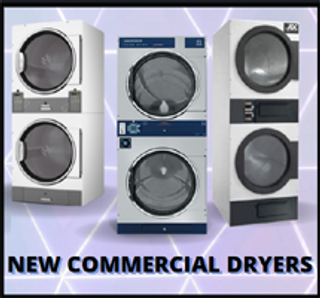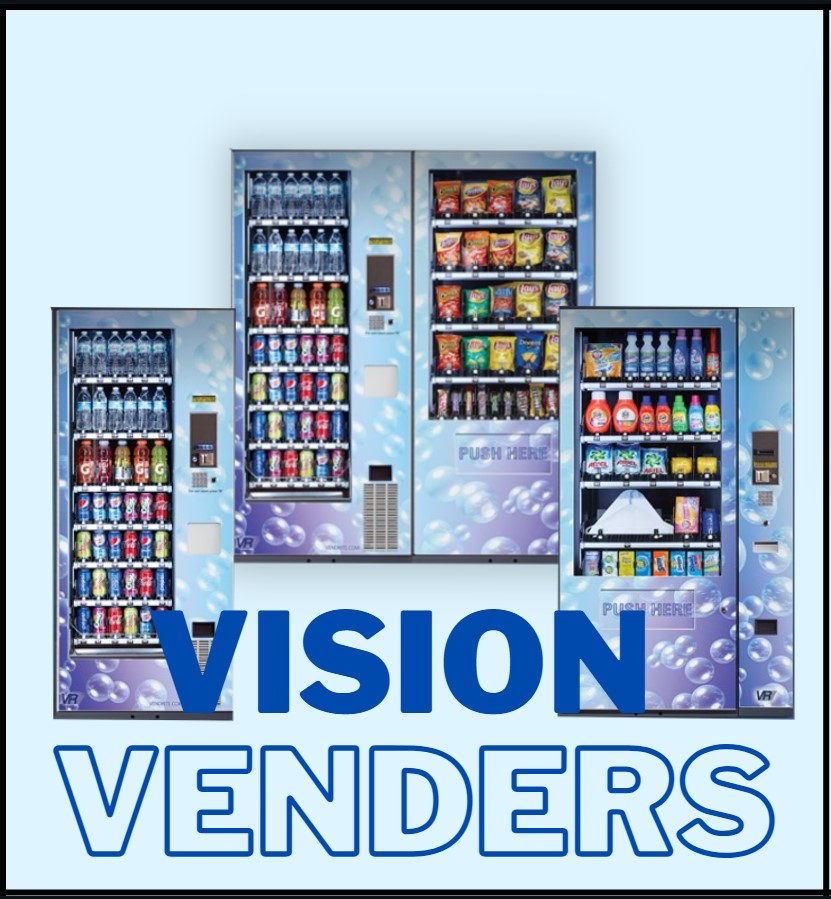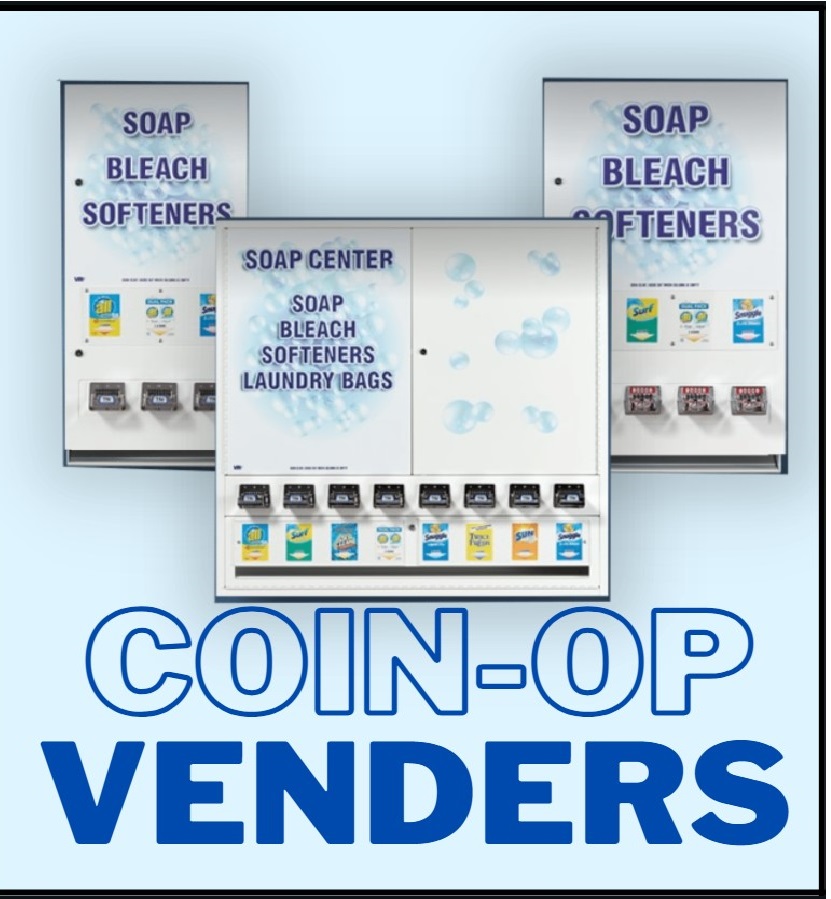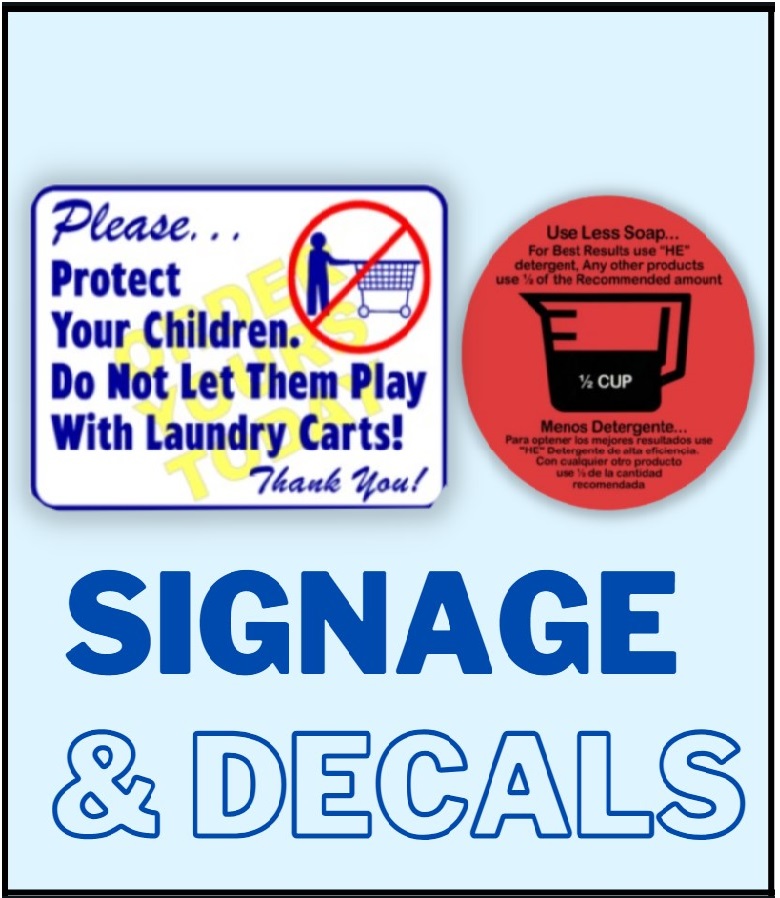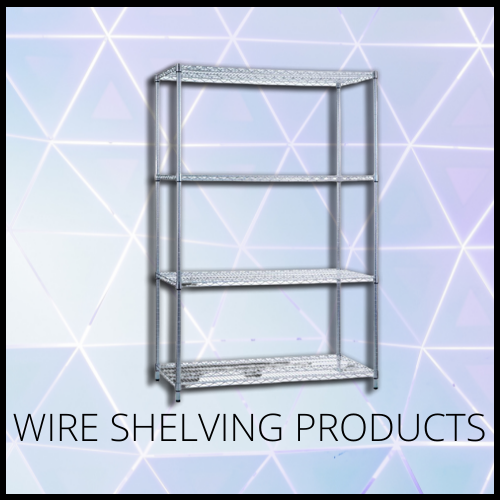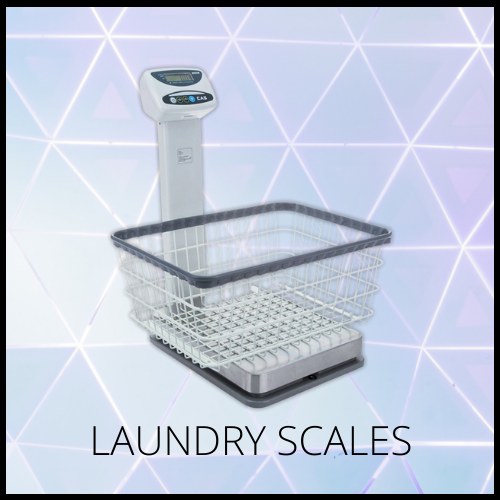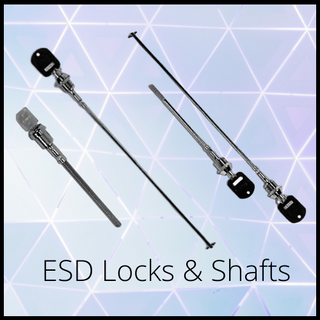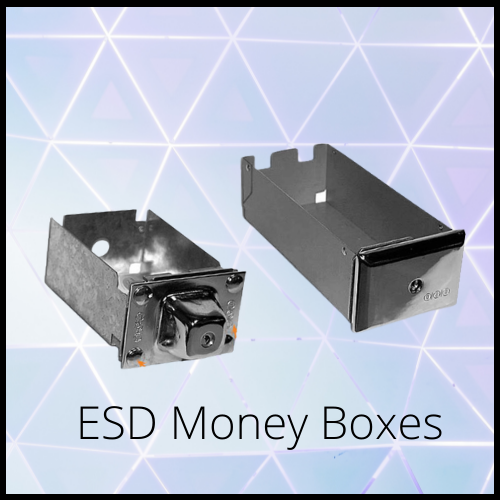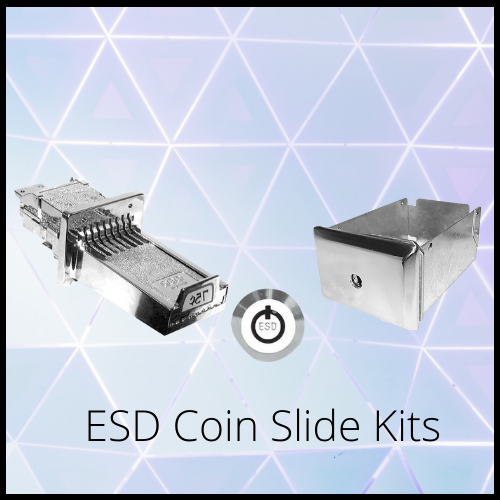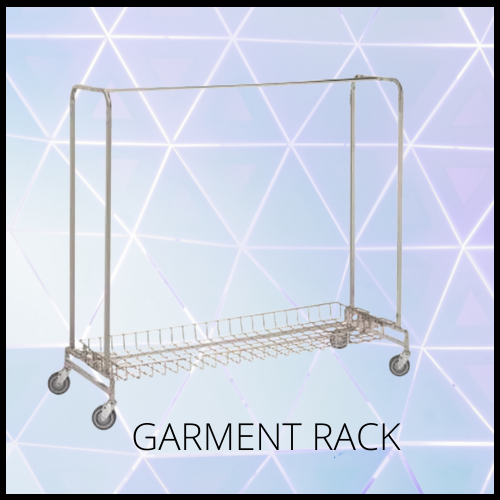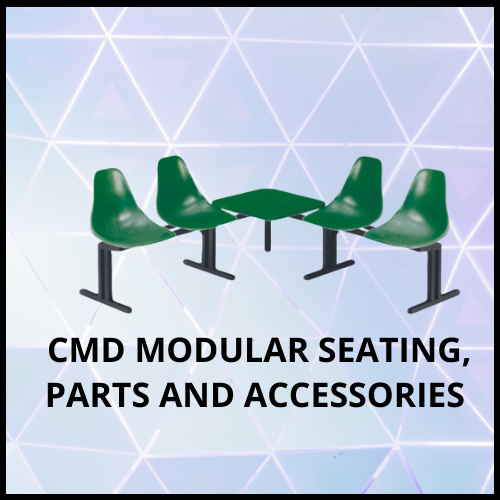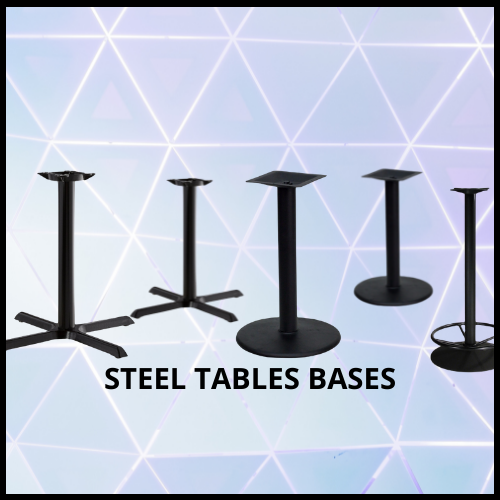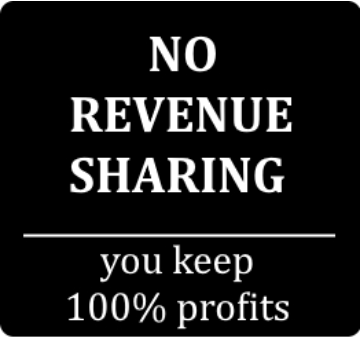Complete Guide
The Complete Guide to Commercial Washers & Dryers
Essential guide to industrial laundry equipment, coin-operated washers and dryers, commercial washer extractors, and laundromat startup costs.
Getting Started with Commercial Laundry Equipment
Types of Commercial Washers
Not all washers are the same. Your business type, available space, and budget will influence the right choice.
Front load washers are ideal for busy laundromats and hotels—they save water, clean efficiently, and handle heavy loads. The sideways drum motion allows more clothes per cycle with less water and detergent, cutting utility bills and extending fabric life.
Scenario: Imagine a busy laundromat on Saturday morning. Customers bring in large baskets of laundry, and a single front load washer handles it all quickly, saving water and keeping everyone moving smoothly.
- Pros: Efficient, water-saving, high capacity.
- Cons: Higher upfront cost than top load machines.
- Best For: Laundromats, hotels, and high-volume facilities.
Top load washers are easier to operate and generally cost less upfront, making them a solid choice for smaller facilities
Scenario: Picture a small apartment complex where residents do smaller, more frequent loads. A reliable top load washer is easy for anyone to use—open the lid, drop in clothes, add detergent, and go. No complicated features, just dependable service.
- Pros: Affordable, simple to use.
- Cons: Higher water and energy usage compared to front load washers.
- Best For: Apartments, gyms, and small facilities.
Stacked units are a smart solution when space is limited. By combining a washer and dryer vertically, you save valuable floor space without losing functionality. These machines are popular in smaller laundromats, condos, and multi-housing facilities where every square foot counts.
Scenario: Think of a small laundromat tucked inside a busy apartment complex. With stacked units, the owner doubles their machine capacity without needing more room—residents get the convenience of washing and drying in one compact setup.
- Pros: Saves space, maximizes small laundry rooms.
- Cons: Smaller capacity compared to stand-alone machines.
- Best For: Small laundromats, condos, multi-housing laundry rooms.
Front Load
- Pros: Efficient, water-saving & high capacity
- Cons: Higher upfront cost
- Best for: Laundromats & hotels
Top Load
- Pros: Affordable & easy to operate
- Cons: Less efficient
- Best for: Apartments & small facilities
Stacked Unit
- Pros: Space-saving
- Cons: Smaller capacity
- Best for: Small laundromats, condos
Commercial Washer Extractors
Commercial washer extractors deliver high-speed extraction that reduces drying time and overall energy costs. These machines are commonly used in laundromats, hotels, gyms, and other businesses where fast laundry turnaround is essential.
Mount Matters: Soft vs Hard Washers
Soft-Mount Washers are designed with special suspension systems that make laundry day quieter, smoother, and more energy-efficient. They’re great for busy laundromats or homes where noise and vibration matter—but they do need a bit more care and cost more upfront.
Why Choose Soft-Mount Washers
- Quiet Operation: Less noise for a peaceful environment
- Low Vibration: Keeps machines steady during spin cycles
- Energy Efficient: Saves on electricity over time
- Maintenance Needed: Regular check-ups help them last longer
- Higher Initial Cost: Upfront investment is bigger than hard-mount washers
Hard-Mount Washers are built for durability and heavy-duty use, making them ideal for high-volume laundromats or facilities where rugged performance matters. They’re less expensive upfront and require minimal maintenance, but they tend to be louder and produce more vibration during cycles.
Why Choose Hard-Mount Washers
- Durable & Robust: Designed to handle heavy loads and long-term use
- Low Maintenance: Fewer parts to service, easier to keep running
- Lower Initial Cost: More budget-friendly upfront compared to soft-mount washers
- Louder Operation: Generates more noise during washing
- Higher Vibration: Can shake or rattle during spin cycles
| Feature | Soft-Mount Washers | Hard-Mount Washers |
|---|---|---|
| Installation | Can be installed on most floors, no reinforced slab required | Requires reinforced, level concrete flooring |
| Vibration & Noise | Low vibration, quiet operation | More vibration, louder operation |
| Upfront Cost | Higher investment | Lower investment |
| Durability | Good, but suspension components wear over time | Extremely durable for heavy loads |
| Best Use | Hospitals, hotels, high-rise or mixed-use buildings | Ground-floor laundromats, industrial laundry rooms |
Gas vs Electric Dryers
Gas Dryer
- ✔ Faster drying times
- ✔ Lower operating costs
- ✘ Requires gas line
Gas dryers heat up faster and are often more energy-efficient than electric dryers. They require a gas line and proper ventilation but typically save on long-term energy costs.
Gas dryers are a preferred option in laundromats and hotels due to their ability to handle heavy turnover while reducing monthly energy bills. Installation costs can be higher, but long-term ROI is usually better.
Electric Dryer
- ✔ Easy installation
- ✔ Lower upfront cost
- ✘ Higher utility bills
Electric dryers are easier to install, requiring only a proper outlet. While they may have higher operating costs, they are safer in homes without gas lines and offer flexible placement options.
Electric dryers are popular in multi-housing and small setups because they plug into standard outlets and avoid the need for a gas line. However, they tend to cost more in long-term energy consumption.
Trusted Brands & Business Benefits
Partner with leading commercial laundry brands to maximize efficiency, reduce costs, and improve ROI.
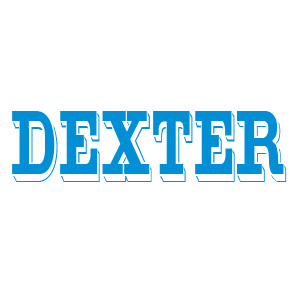
Commercial Washer & Dryer Capacities (Best Use Cases)
| Machine Type | Capacity (lbs) | Best Use |
|---|---|---|
| Front Load Washer | 25–60 | Laundromats, hotels |
| Top Load Washer | 20–45 | Gyms, apartments |
| Stacked Washer/Dryer | 15–25 | Condos, small laundromats |
| Commercial Dryer | 25–60 | Laundromats, hotels |
New vs. Refurbished vs. Used Laundry Equipment
When investing in commercial laundry machines, it’s important to understand the trade-offs between new, refurbished, and used equipment. Each option offers unique advantages depending on your budget, warranty expectations, and long-term goals.
| Type | Lifespan | Cost | Warranty | Best For |
|---|---|---|---|---|
| New Equipment | 10–15 years with proper maintenance | Highest upfront cost | Full manufacturer warranty | Businesses wanting the latest technology, maximum reliability, and long-term investment |
| Refurbished Equipment | 5–10 years (after professional rebuild) | 40–60% less than new | Limited warranty (varies by seller) | Laundromats or multi-housing owners seeking balance between cost savings and reliability |
| Used Equipment | 3–7 years depending on condition | Lowest upfront cost | Usually sold “as is” with no warranty | Startups testing market demand, or businesses needing temporary backup machines |
Laundromat Equipment Insights
Quick stats and visuals that help you understand efficiency, savings, and performance when choosing the right laundromat equipment for your business.

Water Savings
Modern laundromat equipment like front load washers use up to 40% less water compared to top load machines.
Energy Efficiency
Upgrading to commercial laundromat equipment can cut utility costs by 30% or more.
ROI Timeline
Investing in quality laundromat equipment helps owners recover costs in just 18–24 months.
Machine Lifespan
Well-maintained commercial washers and dryers remain reliable 10–15 years in laundromat setups.
Laundromat Startup Costs
Starting a laundromat involves more than just purchasing equipment. Typical costs include:
- Commercial or retail space rental/renovation
- Utilities (water, electricity, gas)
- Machines (new or refurbished)
- Licenses, permits, and insurance
On average: Startup costs range between $200,000–$500,000. Savings are possible with refurbished industrial laundromat equipment.
OPL & Coin-Operated Machines
Coin-operated washers and dryers are the backbone of most laundromats, providing steady revenue through coins or tokens.
OPL Machines
Compact, space-saving washers & dryers—ideal for apartments, condos, or on-premise laundry setups.
Coin Machines
Reliable revenue for laundromats. Designed for coins and tokens with simple operation.
Commercial Washer Maintenance & Care Tips
Regular Cleaning
Wipe down machines, clean lint filters, and sanitize drum interiors weekly.
Check Hoses & Connections
Inspect water hoses, gas lines, and power cords for wear and leaks every 3 months.
Lubrication & Moving Parts
Lubricate bearings and moving parts per manufacturer guidelines for smooth operation.
Professional Servicing
Schedule an annual service check with certified technicians to maintain warranty and longevity.
Frequently Asked Questions
What is the difference between soft-mount and hard-mount washers?
Soft-mount washers use suspension systems to reduce vibration and noise, ideal for condos and multi-story buildings. Hard-mount washers bolt to the floor for maximum durability in high-volume laundromats.
Which is better: gas or electric dryers?
Gas dryers heat faster and are often cheaper to run long-term; electric dryers are easier to install and are good where gas lines aren’t available.
How much do laundromat startup costs usually run?
Typical startup costs range from $200,000–$500,000 depending on location, machine mix, and whether you choose new or refurbished laundromat equipment.
What is the best washer for apartments or condos?
Front-load and soft-mount machines are preferred for apartments due to quieter operation, lower vibration, and energy/water savings.
What are commercial laundry machines?
Commercial laundry machines—also called laundromat equipment—are heavy-duty washers and dryers designed for business use. They’re much stronger than regular home machines and has higher load capacity.




